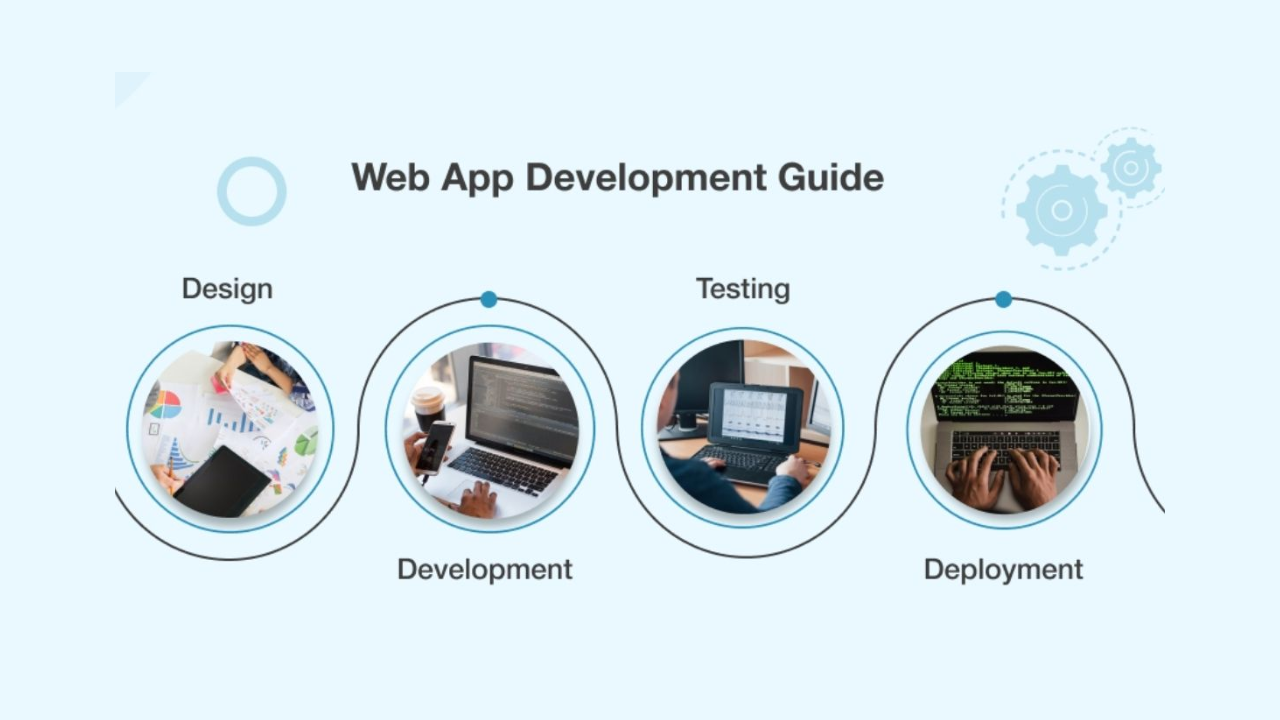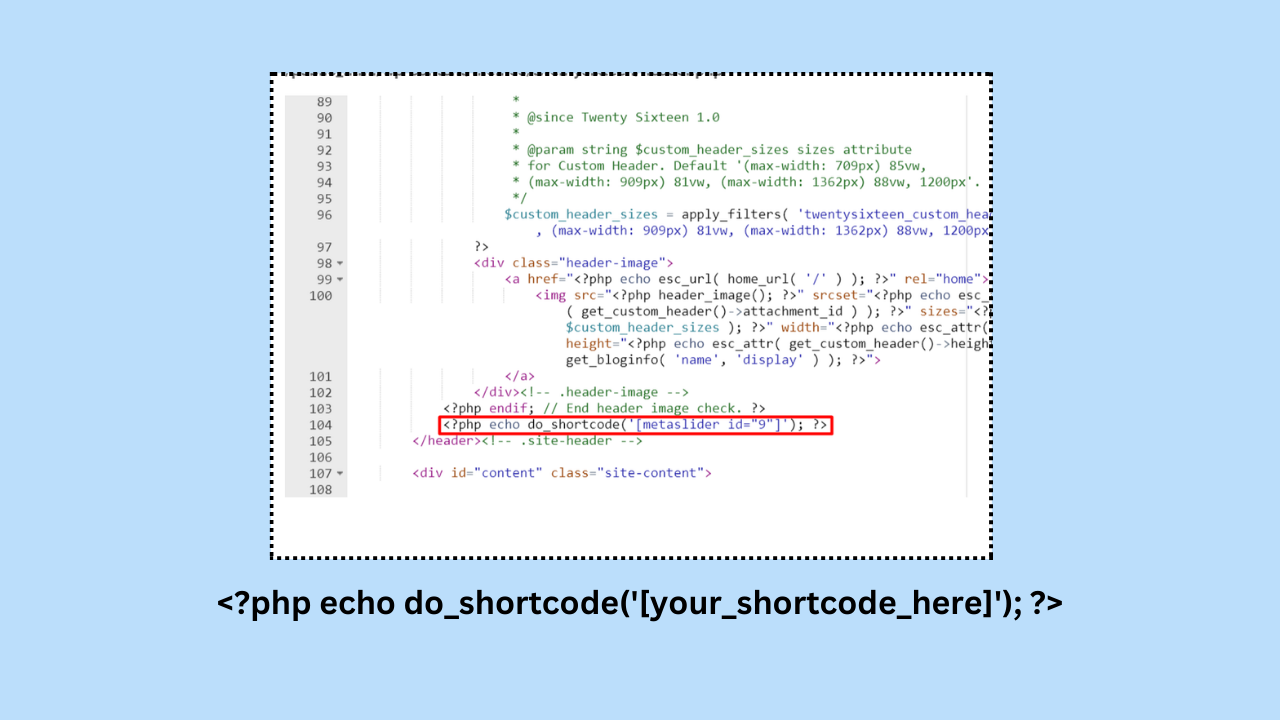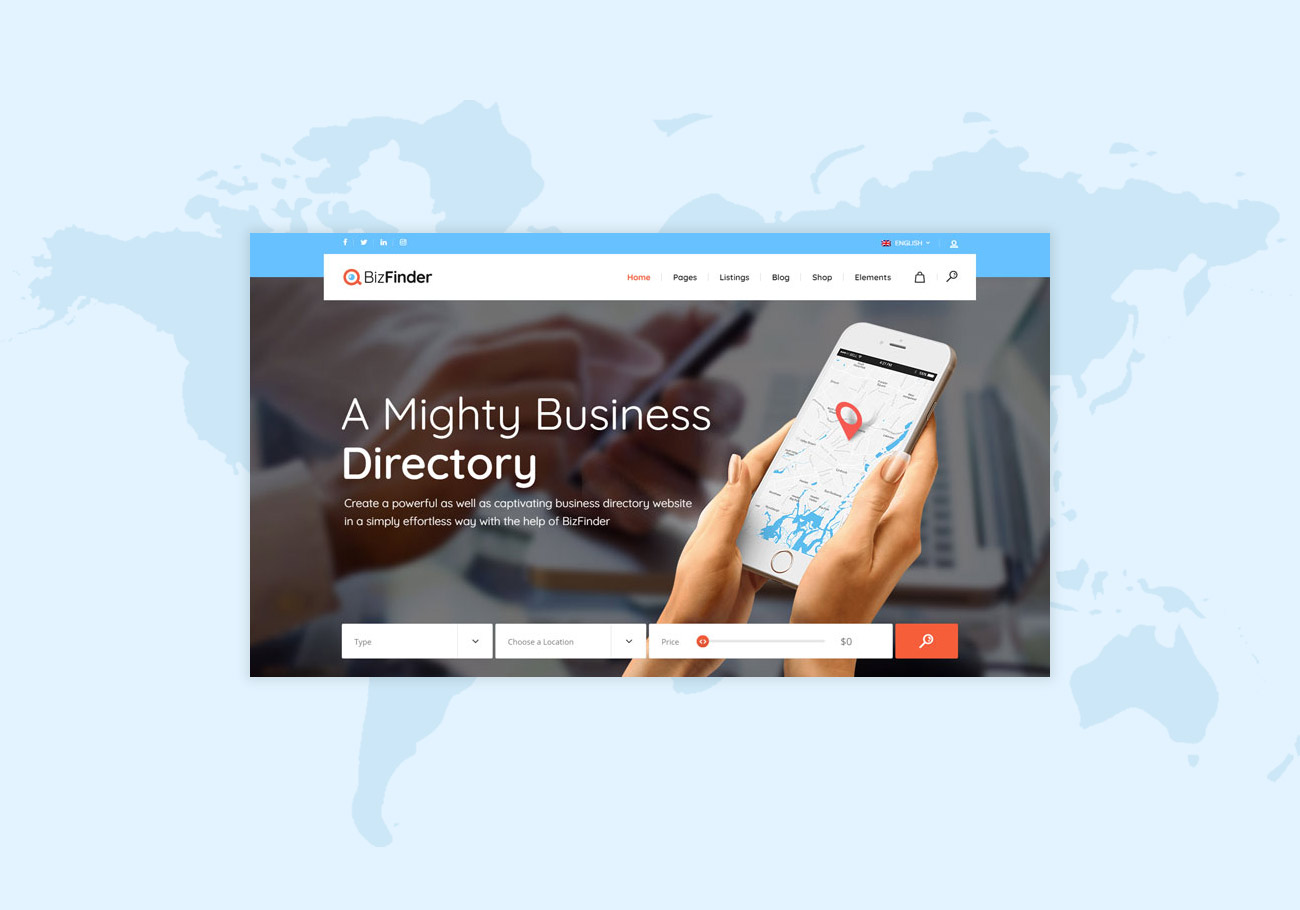Even in today’s digital world, customers often prefer phone support when reaching out to customer service. The immediacy and familiarity of speaking with a real human being on the phone builds trust between the customer and the customer service agent, making it an irreplaceable tool in some of the best call center software.
- Interactive Voice Response (IVR):
- Allows automated interactions with callers through pre-recorded voice prompts and menu options.
- Automatic Call Distribution (ACD):
- Routes incoming calls to the most appropriate agent based on predefined criteria such as skills, availability, or priority.
- Call Monitoring and Recording:
- Enables supervisors to monitor live calls, provide assistance to agents, and record calls for quality assurance and training purposes.
- Real-time Analytics:
- Provides real-time insights into call center performance metrics, including call volume, wait times, and agent productivity.
- Multi-Channel Support:
- Supports communication through various channels, including voice, email, chat, and social media, for a seamless omnichannel experience.
- CRM Integration:
- Integrates with Customer Relationship Management (CRM) systems to provide agents with relevant customer information during interactions.
- Predictive Dialer:
- Optimizes outbound calling by predicting agent availability and automatically dialing multiple numbers.
- Queue Management:
- Efficiently manages and distributes incoming calls, reducing wait times and ensuring a smooth customer experience.
- Call Scripting:
- Provides agents with predefined scripts to guide them through conversations and ensure consistency in messaging.
- Callback Request:
- Allows customers to request a callback at a convenient time, reducing wait times and improving customer satisfaction.
- Customer Self-Service:
- Offers self-service options through IVR or online portals, enabling customers to find information or complete tasks without agent assistance.
- Agent Performance Analytics:
- Monitors and evaluates agent performance through metrics like call resolution time, customer satisfaction, and adherence to scripts.
- Integration with Helpdesk Tools:
- Integrates with helpdesk and ticketing systems to streamline issue resolution and track customer interactions.
- Speech Analytics:
- Analyzes speech patterns during calls to extract valuable insights, identify trends, and improve agent training.
- Workforce Management:
- Helps optimize agent schedules, ensuring adequate staffing levels to meet call demand and maintain service levels.
- Quality Management:
- Facilitates the monitoring and evaluation of call recordings and agent interactions to maintain and improve service quality.
- Real-time Chat:
- Allows customers to engage with agents through chat for quick issue resolution or information retrieval.
- Integration with CRMs and other Business Tools:
- Seamless integration with various business tools to enhance overall efficiency and productivity.
- Compliance Management:
- Ensures that the call center operations comply with industry regulations and standards.
- Mobile Accessibility:
- Provides agents and supervisors with mobile access to essential features for flexibility and remote work.
- Customizable Reporting:
- Enables the creation of customized reports to track specific key performance indicators (KPIs) and metrics.
- Security and Compliance Features:
- Ensures data security and compliance with privacy regulations, safeguarding sensitive customer information.
When evaluating call center software, consider your specific business needs, scalability requirements, and budget constraints. Additionally, check for customer reviews and testimonials to gauge the user experience and satisfaction with the software.










